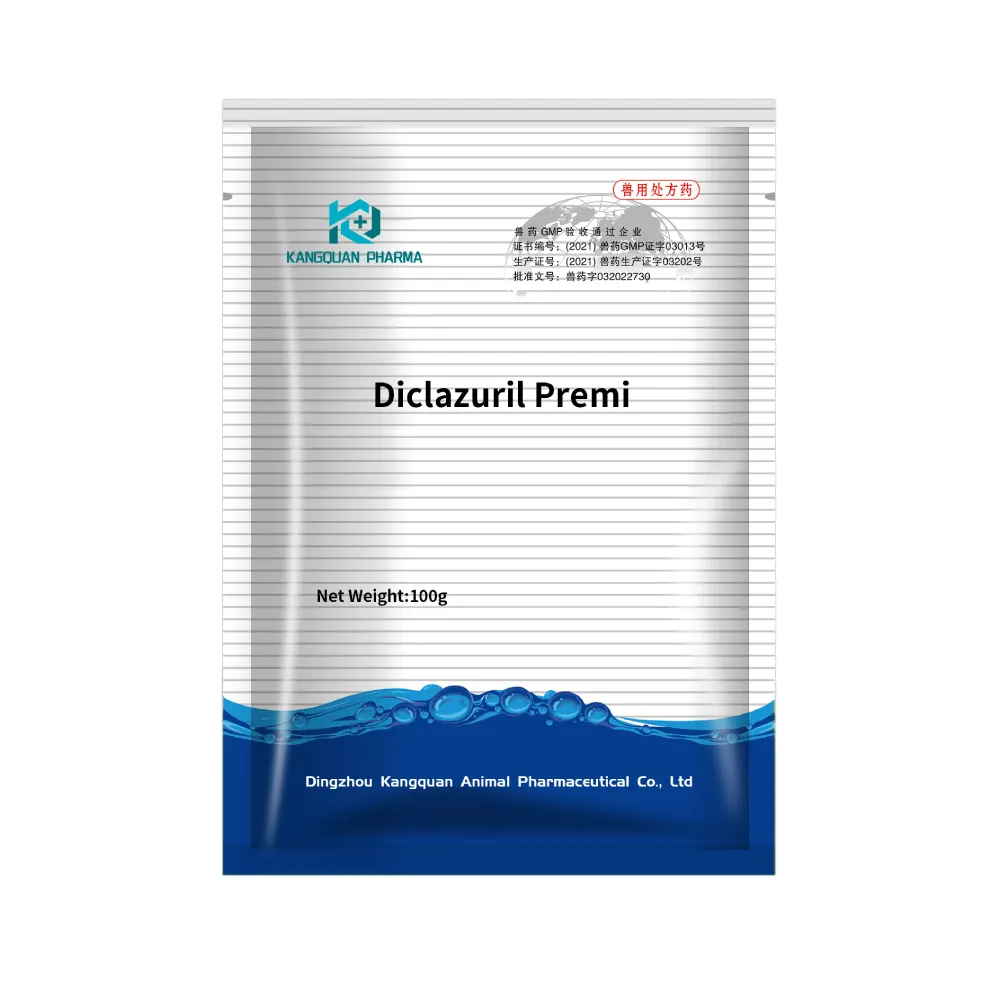- Afrikaans
- Albanian
- Amharic
- Arabic
- Armenian
- Azerbaijani
- Basque
- Belarusian
- Bengali
- Bosnian
- Bulgarian
- Catalan
- Cebuano
- Corsican
- Croatian
- Czech
- Danish
- Dutch
- English
- Esperanto
- Estonian
- Finnish
- French
- Frisian
- Galician
- Georgian
- German
- Greek
- Gujarati
- Haitian Creole
- hausa
- hawaiian
- Hebrew
- Hindi
- Miao
- Hungarian
- Icelandic
- igbo
- Indonesian
- irish
- Italian
- Japanese
- Javanese
- Kannada
- kazakh
- Khmer
- Rwandese
- Korean
- Kurdish
- Kyrgyz
- Lao
- Latin
- Latvian
- Lithuanian
- Luxembourgish
- Macedonian
- Malgashi
- Malay
- Malayalam
- Maltese
- Maori
- Marathi
- Mongolian
- Myanmar
- Nepali
- Norwegian
- Norwegian
- Occitan
- Pashto
- Persian
- Polish
- Portuguese
- Punjabi
- Romanian
- Russian
- Samoan
- Scottish Gaelic
- Serbian
- Sesotho
- Shona
- Sindhi
- Sinhala
- Slovak
- Slovenian
- Somali
- Spanish
- Sundanese
- Swahili
- Swedish
- Tagalog
- Tajik
- Tamil
- Tatar
- Telugu
- Thai
- Turkish
- Turkmen
- Ukrainian
- Urdu
- Uighur
- Uzbek
- Vietnamese
- Welsh
- Bantu
- Yiddish
- Yoruba
- Zulu
Dec . 22, 2024 17:54 Back to list
doxycycline hyclate in dogs
Doxycycline Hyclate in Dogs An Overview
Doxycycline hyclate is a popular antibiotic belonging to the tetracycline class of drugs, commonly used in veterinary medicine for treating various bacterial infections in dogs. It is a broad-spectrum antibiotic effective against a wide range of gram-positive and gram-negative bacteria, making it a valuable tool in managing infections in our canine companions. In this article, we will explore the uses, benefits, dosage, precautions, and potential side effects of doxycycline hyclate in dogs.
Uses of Doxycycline Hyclate
Doxycycline is primarily utilized to treat infections caused by susceptible bacteria. Common conditions treated with doxycycline in dogs include respiratory infections, urinary tract infections, and skin infections. Additionally, it is effective against certain tick-borne diseases such as Lyme disease, ehrlichiosis, and anaplasmosis. Doxycycline's ability to penetrate tissues makes it particularly advantageous in managing systemic infections and those associated with difficult-to-reach areas of the body.
Due to its anti-inflammatory properties, doxycycline is also sometimes used for conditions like periodontal disease and for its potential role in chronic infections
. In some cases, veterinarians may prescribe doxycycline as a prophylactic measure to prevent infections in dogs undergoing surgery or dental procedures.Benefits of Doxycycline Hyclate
One of the main advantages of doxycycline hyclate is its excellent bioavailability, which means it is well absorbed when administered orally. This allows for effective treatment with relatively low doses compared to other antibiotics. Doxycycline is also favored for its longer half-life, which permits less frequent dosing—typically once or twice daily—making it more convenient for pet owners.
Doxycycline is generally well-tolerated by dogs, and its side effects are less severe than those associated with some other antibiotics. Moreover, it often retains its efficacy against certain antibiotic-resistant bacteria, making it a valuable option in our current era of rising antimicrobial resistance.
doxycycline hyclate in dogs

Dosage and Administration
The dosage of doxycycline hyclate for dogs is determined by various factors, including the type and severity of the infection, the dog's weight, and overall health. A common dosage regimen ranges from 5 to 10 mg per kg of the dog's body weight, administered once or twice daily. It is crucial to follow the veterinarian's instructions carefully and complete the full course of treatment, even if the dog appears to improve before finishing the medication.
Doxycycline should be given with plenty of water or food to minimize gastrointestinal upset, which can be a common side effect. Care must be taken to avoid giving doxycycline to young puppies, as it can cause dental staining and affect bone growth in developing dogs.
Precautions and Side Effects
While doxycycline is generally safe, certain precautions should be taken. It should not be given to pregnant or nursing dogs, as it may negatively affect fetal development or nursing puppies. Additionally, dogs with known allergies to tetracycline antibiotics should avoid doxycycline.
Possible side effects of doxycycline in dogs include nausea, vomiting, diarrhea, and loss of appetite. In rare cases, some dogs may experience more severe reactions, such as difficulty breathing or skin rashes. If any unusual symptoms occur, pet owners should contact their veterinarian promptly.
Conclusion
Doxycycline hyclate is a versatile and effective antibiotic commonly used in veterinary medicine to treat various bacterial infections in dogs. Its broad-spectrum efficacy, favorable dosing schedule, and relatively low incidence of significant side effects contribute to its popularity among veterinarians. However, responsible use is essential to ensure the safety and well-being of dogs receiving this medication. Pet owners should always consult with their veterinarian for appropriate diagnosis and treatment plans tailored to their dog's specific needs. By understanding the role of doxycycline hyclate in canine health, we can better care for our furry friends and support their recovery from infections.
-
Guide to Oxytetracycline Injection
NewsMar.27,2025
-
Guide to Colistin Sulphate
NewsMar.27,2025
-
Gentamicin Sulfate: Uses, Price, And Key Information
NewsMar.27,2025
-
Enrofloxacin Injection: Uses, Price, And Supplier Information
NewsMar.27,2025
-
Dexamethasone Sodium Phosphate Injection: Uses, Price, And Key Information
NewsMar.27,2025
-
Albendazole Tablet: Uses, Dosage, Cost, And Key Information
NewsMar.27,2025













